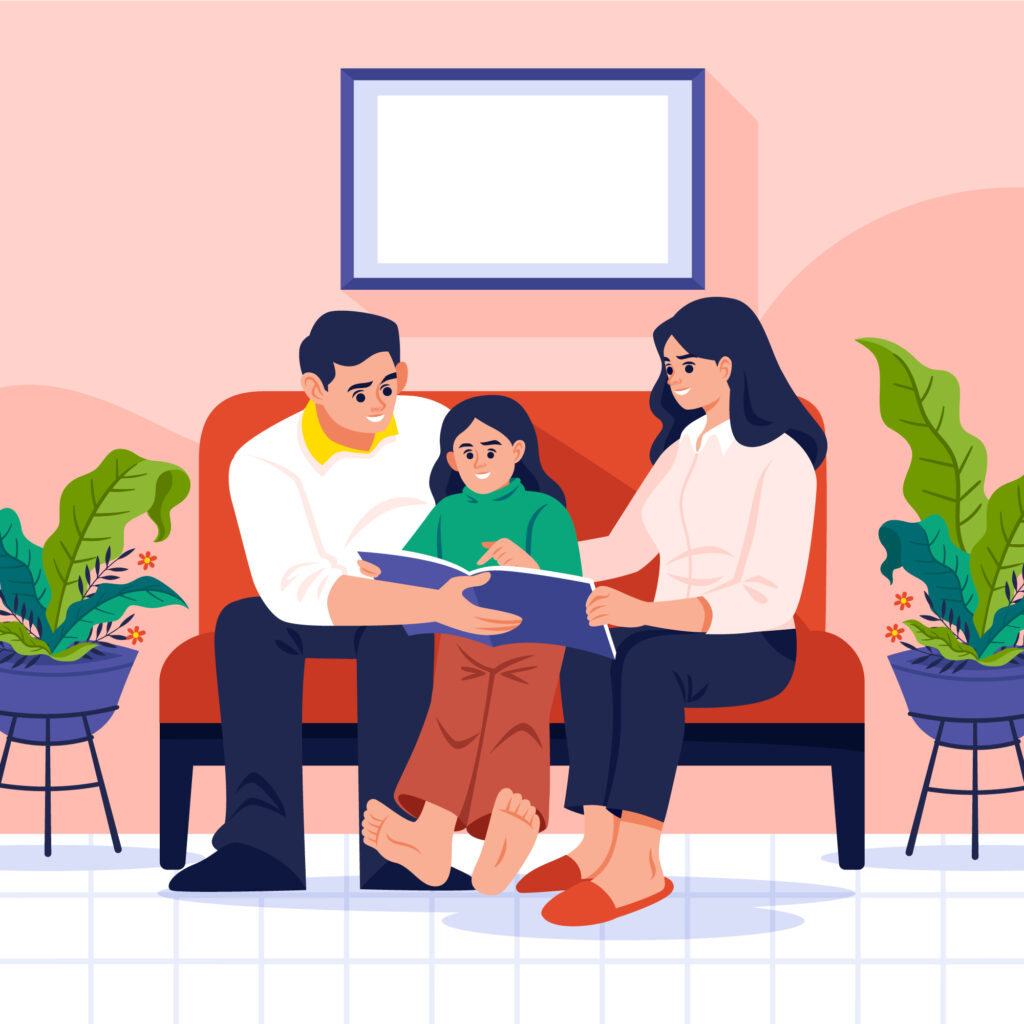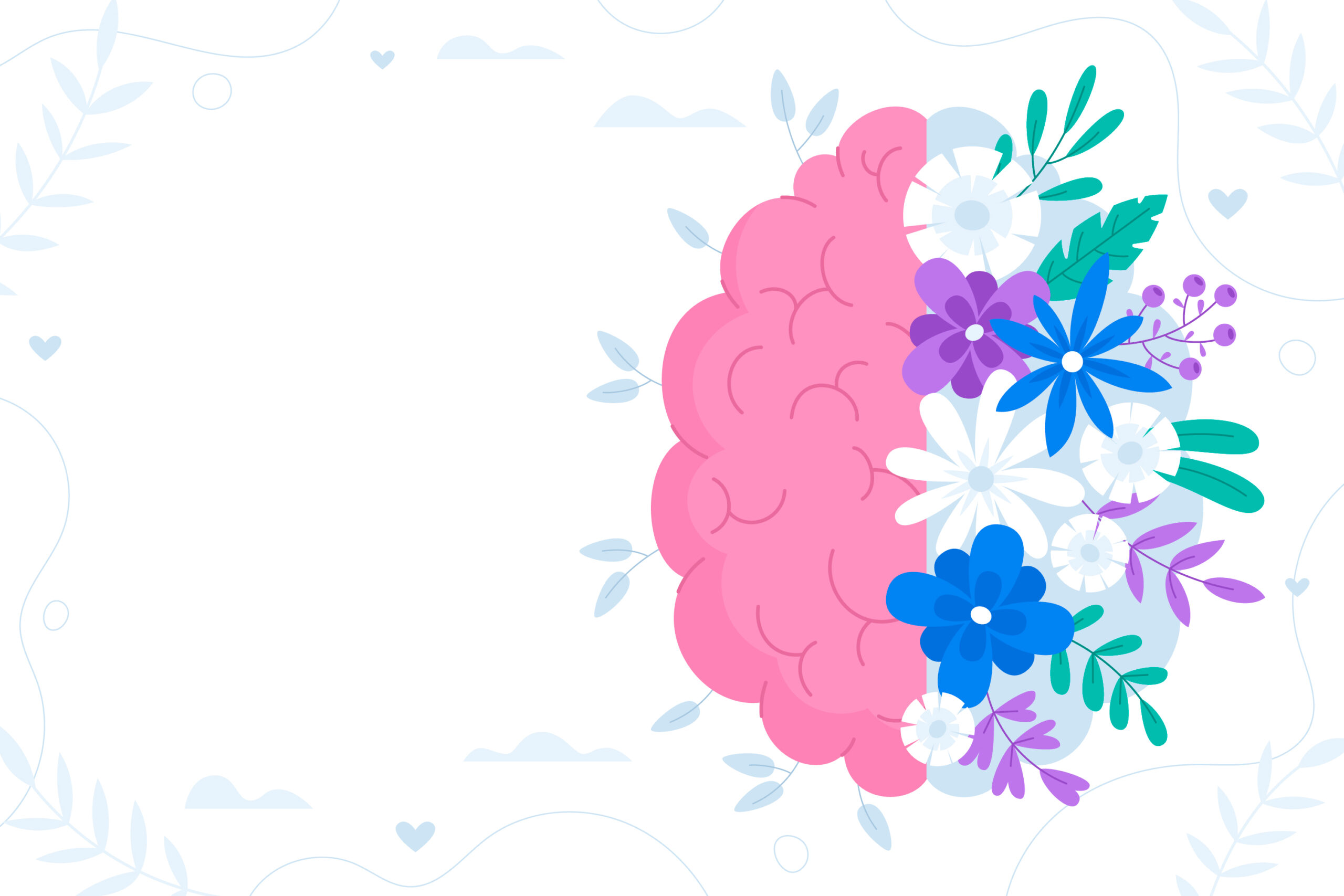
Strengthening Bonds: Exploring the Power of Family Therapy
In the intricate tapestry of our lives, family serves as the cornerstone of love, support, and connection. However, even the strongest families encounter challenges that can strain relationships and disrupt harmony. Family therapy emerges as a guiding beacon through these turbulent times, offering a nurturing space for healing, growth, and reconciliation. Let’s delve into what family therapy entails and how it can foster stronger, healthier bonds within families.
What is Family Therapy?
Family therapy, also known as family counseling or systemic therapy, is a specialized form of psychotherapy that focuses on improving communication, resolving conflicts, and fostering deeper understanding and connection within families. It views the family as a dynamic system in which each member’s thoughts, feelings, and behaviors interconnect and influence one another.
When is it Needed?
Family therapy becomes necessary when families encounter challenges or conflicts that affect their functioning and well-being. These challenges may include communication breakdowns, parenting struggles, sibling rivalry, marital discord, substance abuse, grief and loss, or adjusting to major life transitions such as divorce or relocation. Seeking family therapy can provide support, guidance, and tools to navigate these challenges more effectively.
What Happens in Family Therapy?
During family therapy sessions, families work collaboratively with a trained therapist to explore their dynamics, identify underlying issues, and develop healthier ways of relating to one another. Therapists facilitate open and honest communication, encourage empathy and understanding, and teach constructive problem-solving skills. Depending on the needs of the family, therapy may involve role-playing exercises, genograms (family trees), homework assignments, or experiential activities to promote healing and growth.
How Will it Benefit Individuals?
Family therapy offers numerous benefits for individuals within the family unit. Firstly, it provides a safe and supportive environment for all members to express their thoughts, feelings, and concerns without fear of judgment. Secondly, therapy helps families develop stronger communication skills, enabling them to resolve conflicts more effectively and build deeper connections with one another. Additionally, family therapy can promote greater empathy, understanding, and respect within relationships, fostering a sense of unity and cohesion within the family. Ultimately, therapy empowers individuals to overcome challenges, heal past wounds, and cultivate healthier, more fulfilling relationships with their loved ones.

